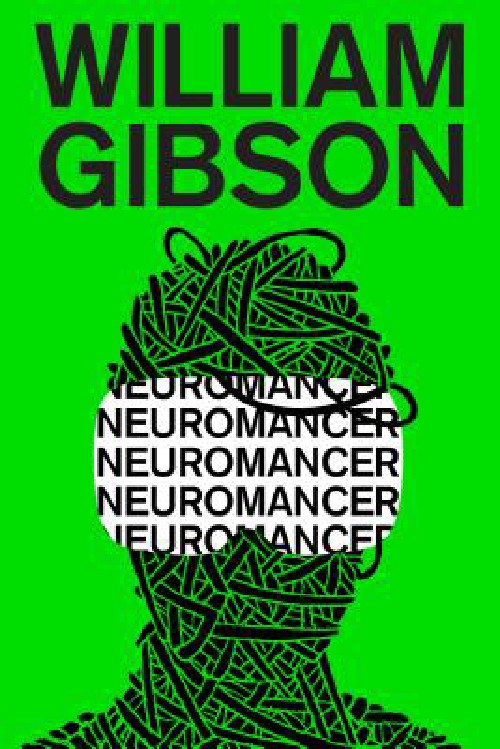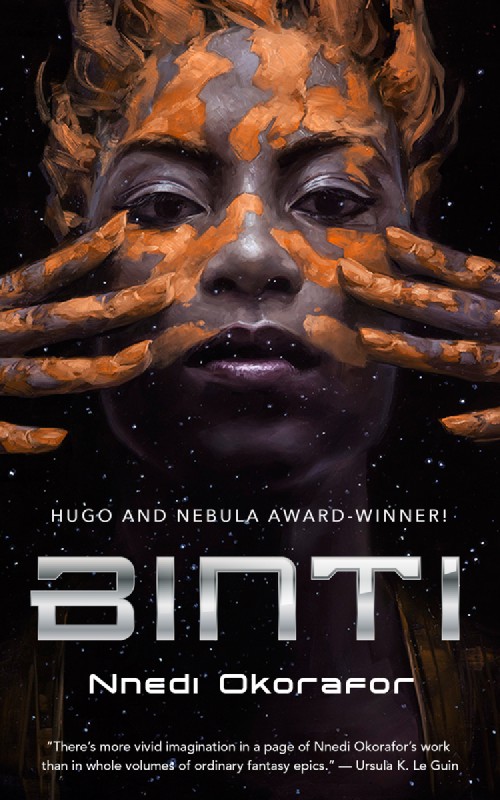Solnit wonderfully explores the concept of hope by centering it in many civil rights fights from the past few decades. Hope, she argues, must be cultivated and is not something we have because we expect to win, rather it is something we fight to retain even if victory is unclear. The book is relevant, fierce, and helpful for anyone seeking a framework for staying inspired as we look forward to the next few years.
I imagine this book is helpful to activists of all experiences, but as someone newly engaged with our democratic process and the immense challenges that hinder the world I am helping to fight for, this book felt incredibly important. Victories will come, Solnit reminds us, but they do not necessarily feel like victories. Sometimes we will achieve measurable gains towards our goals. Sometimes we will just hold the line and prevent things from getting worse. Sometimes we will feel like we have lost, but our fight will inspire others who go on to achieve the unimaginable. Solnit argues that by cultivating hope and redefining success to include the outcomes listed above we can run the marathon needed for the fight.
Besides, we are not aiming for utopia. We are fighting to do better. And Solnit is quick to remind; the world is vast and there are always going to be ways we can improve. The injustice we are focused on at the moment is not the last thing to fix. So let’s dig in, figure out how to hold on to our hope, and keep fighting.



